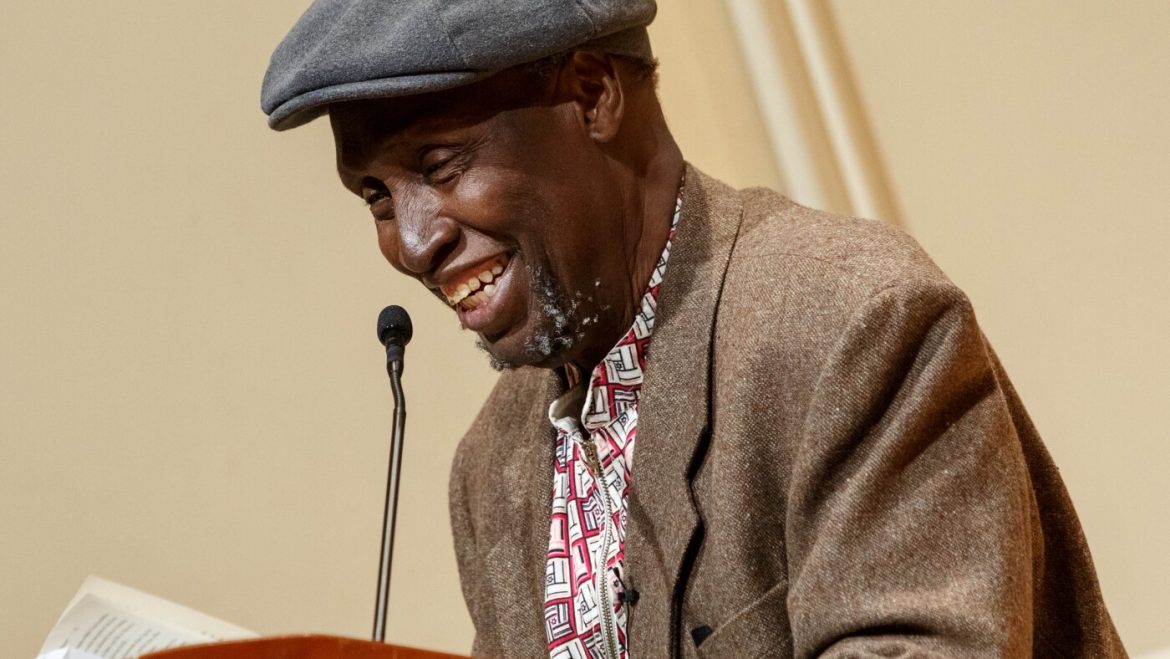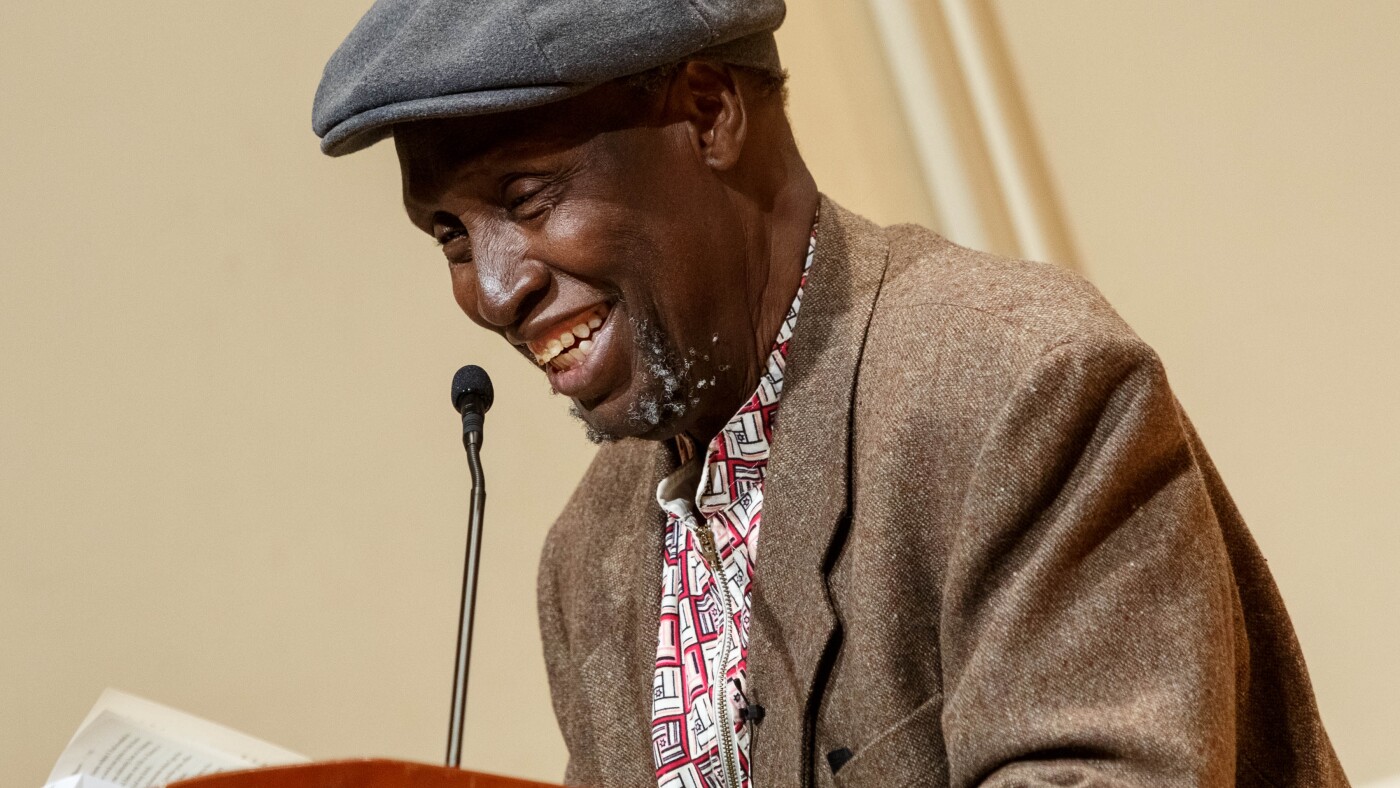Ngũgĩ wa Thiong’o: A Pillar of African Literature and Resistance
The recent passing of Ngũgĩ wa Thiong’o at age 87 marks the end of an era for African literature and post-colonial discourse. Esteemed across continents, Ngũgĩ was more than a novelist; he was a powerful voice against colonial and post-colonial oppression in Kenya and beyond, a champion of indigenous languages, and a relentless critic of societal injustices spanning decades. His life and work remain a profound testament to literature’s potential for social change.
Early Life and Literary Genesis
Born James Ngugi in 1938 in Kamirithu, Kenya, during British colonial rule, Ngũgĩ eventually adopted his Kikuyu name “wa Thiong’o” in 1977 as a symbolic rejection of colonial influence and a reclaiming of African identity. His literary journey began in 1964 with the novel *Weep Not, Child*, an exploration of the impact of colonialism and the Mau Mau uprising on Kenyan society.
Literary Contributions Rooted in Resistance
Ngũgĩ’s oeuvre includes prominent novels such as *The Devil on the Cross* and *Matigari*, works that illuminate the failures of post-colonial Kenyan leadership while questioning broader social, political, and economic inequities. His storytelling fused rich narrative with sharp political commentary, effectively turning the page of Kenya’s history from colonial subjugation to the complexities of self-governance and democracy.
A defining characteristic of Ngũgĩ’s work was his fearless confrontation with authority. His critiques extended beyond colonial powers to the Kenyan ruling elite, which earned him persecution including censorship, imprisonment, and exile. These challenges did not stifle his voice but rather underscored his commitment to justice and cultural reclamation.
Championing Indigenous Languages
One of Ngũgĩ’s most distinguishing legacies is his pioneering advocacy for writing in indigenous African languages, particularly Kikuyu, rather than colonial languages like English or French. This was more than a stylistic choice; it was a political act, confronting colonial hegemony embedded in language and refusing to perpetuate linguistic colonization. He believed that authentic African narratives must be told in African languages to reclaim cultural sovereignty and empower local communities.
His stance on language challenged literary norms and inspired generations of African writers to embrace their native tongues, enriching African literature with diverse linguistic identities and perspectives.
A Global Figure of African Literature and Dissent
Ngũgĩ’s influence extended globally, with his literary and intellectual work consistently cited as foundational in modern African literature. Recognized as one of East Africa’s greatest novelists, he was a perennial contender for the Nobel Prize in Literature, reflecting international acknowledgment of his artistic and activist stature.
Even in exile, living in the United States in his later years, Ngũgĩ remained an active voice in literary and academic circles, continuing to inspire through his writings and lectures. His work documented Kenya’s transformation—from a colonial subject to a nation struggling with democratic ideals and governance challenges—capturing not only local but universal human experiences of oppression and resilience.
Cultural and Political Legacy
Ngũgĩ wa Thiong’o’s death has reverberated profoundly across Kenya, Africa, and literary communities worldwide. He leaves behind a legacy that intertwines art with activism—a narrative tapestry that calls for continual reflection on colonial histories, social justice, cultural identity, and the emancipatory power of literature.
Bookstores in Nairobi and elsewhere have paid homage by dedicating shelves to his works, underlining his enduring relevance. His writings remain vital educational and inspirational resources for understanding post-colonial realities and the unyielding quest for equity and cultural pride.
An Enduring Voice for Future Generations
Ngũgĩ himself once reflected on the “normalised abnormality” of post-colonial societies continuing to use colonial languages in literature and governance, highlighting the subtle ways colonial dominance persists. His call to decolonize not just political structures but also cultural and intellectual realms resonates strongly in contemporary struggles over identity and power in Africa and the diaspora.
By challenging imposed narratives and elevating indigenous cultures, Ngũgĩ wa Thiong’o reshaped the landscape of African letters and challenged readers worldwide to think critically about the stories we tell and the languages we use.
A Lasting Beacon
Ngũgĩ wa Thiong’o’s passing signifies a significant loss, but his towering presence in literature and social thought endures. His commitment to truth, justice, and cultural dignity transcends his life, continuing to inspire writers, activists, and readers. The world remembers him not only as a literary giant but as a visionary who wielded the pen as a tool of liberation, proving that storytelling can indeed change the world.


